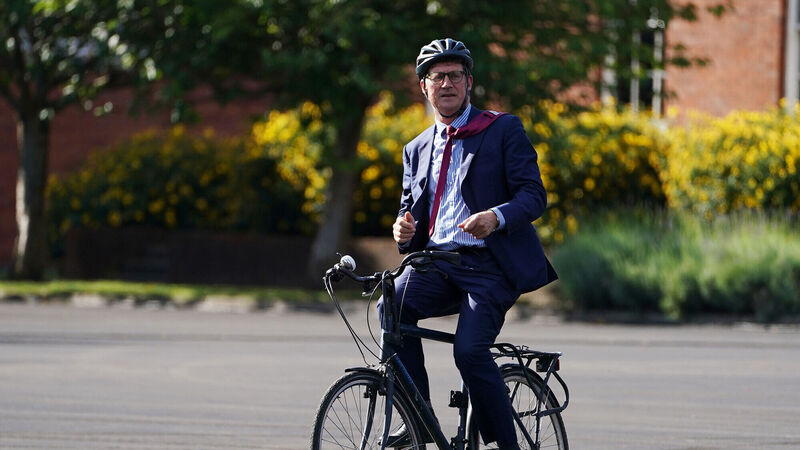Irish Examiner view: Paying the price for cheap cost

Environment Minister Eamon Ryan said 'we really just buy something, use it three times, and then throw it out'.
When it comes to the environment, taking personal responsibility for one’s actions is central to the fight for the planet’s survival.
For many of us it seems difficult to embed that responsibility in our day-to-day behaviour, however.













